How To Conquer Your German Shepherd’s Separation Anxiety, Sound Anxiety or Travel Anxiety
If your german shepherd is experiencing anxiety, life can be miserable both for you and your pup. I myself spent 2 years battling extreme separation anxiety with my dog, and we successfully came out on the other side. In this article I’ll share some of the resources and strategies that worked for us.
There are many forms of anxiety that your german shepherd may be suffering from. Typical causes of anxiety in german shepherd’s might be:
- Separation anxiety – Fear of being separated from their owner. This often manifests itself by your german shepherd pacing, drooling, biting, or being destructive while you’re away.
- Sound anxiety – Fear of loud noises like thunder, fireworks, or a vacuum cleaner
- Travel anxiety – Fear of traveling in a moving vehicle, or fear of intimidating places like your vet’s office or a boarding kennel
1. Experiment with Hemp Oil for Your German Shepherd’s Anxiety
One of the tools I successfully used in treating my dog’s anxiety was Hemp. While your results may vary, approximately 67% of the dog owners polled here claimed that Hemp was ‘extremely effective’ or ‘somewhat effective’ in helping their dog’s anxiety.
In my experience, Hemp helped my dog calm down enough to respond positively to the other training methods I was using to treat her anxiety. When choosing a Hemp oil, always look for a certificate of analysis showing a pure and safe product. I’d also recommend a product with 0% THC.
If you’d rather not give an hemp oil tincture to your dog, there are also great full spectrum hemp treat options available for dogs on Amazon.
2. Desensitize Your German Shepherd to The Cause of Their Anxiety
A key strategy for treating your german shepherd’s anxiety is desensitizing them to the trigger of their fear. For example, my dog’s anxiety was triggered anytime I walked out the door to leave the house. For other dogs, the trigger might be you grabbing your keys or putting on your coat.
Begin by doing the trigger activity, but then immediately reversing it. For example, I would grab my keys and walk out the door. Then I’d come back 5 seconds later. I did this literally hundreds of times over a period of a week. Eventually, my dog was desensitized and bored by the behavior.
3. For Sound Anxiety, Trying Isolating Your German Shepherd and Playing Loud Music
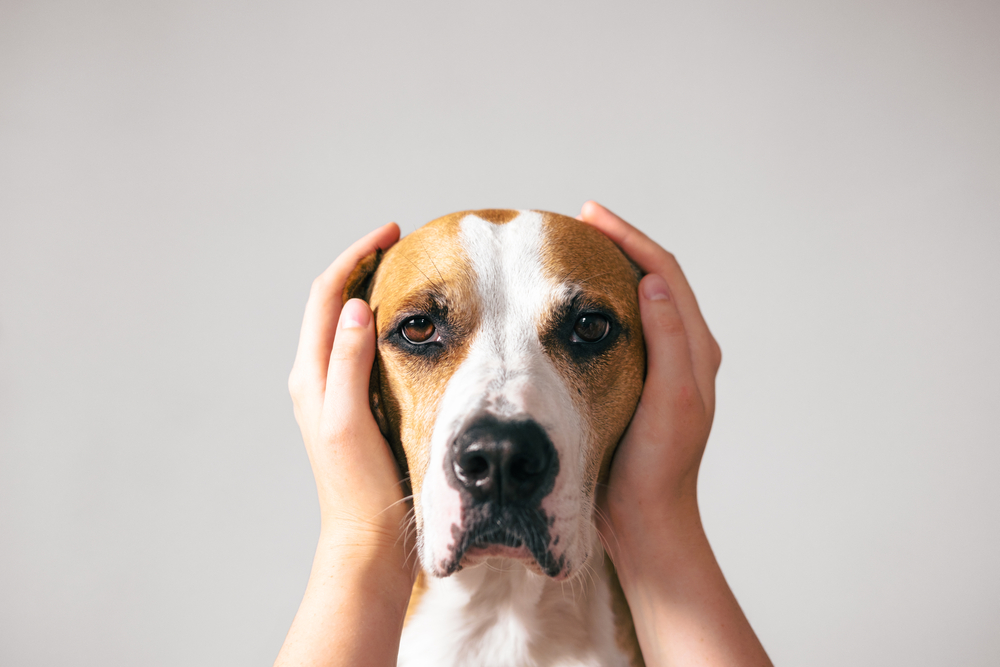
Many german shepherd’s that suffer from thunderstorm or fireworks anxiety experience relief in a smaller, more isolated room of the house where music can be played at a loud volume.
A word of caution though, if your dog is also experiences separation anxiety leaving them alone in a room during may be counterproductive.
Related: 9 Best Pill Pockets for Dogs
4. Try Using a Compression Wrap (Available in Many Sizes and Will Fit Your German Shepherd)
Many dogs are comforted by the feeling of compression across their body. One popular product many have found success with is the Thundershirt (available on Amazon). The product applies gentle, calming pressure that is very reassuring to many pups. The company claims the product to be helpful for about 80% of the dogs who tried it. It can be used to help calm your australian shepherd during fireworks, thunder, separation, travel, or vet visits, with no training and no medication required.
4. Try an Herbal Supplement for Your German Shepherd with Calming Herbs Like Chamomile, Passion Flower, Ginger Root or Valerian Root
Many calming supplements exist for dogs that are palatable for dogs, easy-to-feed, and can help quickly relieve your australian shepherd’s stress and give a sense of safety and calm. Some supplements contain calming herbs like chamomile, passion flower, ginger root, and valerian root are a great option. Some products, such as this bacon flavored soft chew for dogs, contain all of the calming herbs in one. This calming chew is also available on Amazon.
5. Experiment with a Pheromone Diffuser for Your German Shepherd
Canine pheromone diffusers mimic the calming pheromone that a mother dog emits while nursing her puppies. The diffuser can help many dogs feel calmer and more comfortable in stressful situations.
The same company that makes the Thundershirt above also makes a product called ThunderEase diffuser, which is also available on Amazon.
6. Try an Anti-Anxiety Supplement Containing L-Tryptophan, L-Theanine or Melatonin
Other popular ingredients in anti-anxiety supplements include the amino acids L-Tryptophan and L-Theanine, both of which offer calming properties and increase the release of “feel good” serotonin in your dog’s body. In addition, some calming products for dogs contain a small amount of melatonin, which can help regulate and improve their sleep. All these of these ingredients are available in some chews such as this. This calming chew is also available on Amazon.
7. Experiment with Using Your Own Scent & Sound to Calm Your German Shepherd
In my experience, using your own scent and sound to help calm your dog is a powerful strategy in beating anxiety. I stumbled upon this one day with my own dog by accident.
Typically, if I left the home my dog would instantly enter a panic. But one day I needed to take a long phone call, and left my dog outside my bedroom door where I took the call. During the call, she calmly lied next to the door, where she could obviously smell and hear me. It occurred to me that I could possibly mimic this tactic while I wasn’t at home.
I recorded my voice on a CD player and then put it on loop. Then I placed a used t-shirt on the inside of the door where she could easily smell it underneath. To my surprise, I was able to leave the house for a short time. (I monitored her on a video camera). I slowly increased the length of time I left, and always found her calm and sincerely believing that I was just behind the door!
If you’d like to read the full story of how I cured my dog’s extreme separation anxiety, go here.
Another great product to help calm your dog is the Comfort Cuddler Buddy. You can stuff the cozy fleece man with your clothing or pillow case with your scent, and leave with your dog.
Lastly, another popular calming product is the heartbeat puppy toy. Traditionally, these have been used to help calm puppies who recently left their litter. The plush toys come with a warming features as well as a simulated heartbeat. While originally intended for puppies, many dog owners have found they can effectively calm dogs of all ages. This popular model is available on Amazon.
Summary
Defeating your german shepherd’s anxiety is possible, but every dog’s journey will look different. I hope the tools and strategies above will be helpful to your journey.
If you’d like to learn more about the Hemp oil and calming chews we use here at iHeartDogs, learn more below.
For best results, you can pair the above Hemp oil with the calming chews below. Between the 2 supplements, they offer 10 active and natural ingredients to help calm your dog without the use of medication.
Frequently Ask Questions
German Shepherds are more prone to suffering from separation anxiety than many other dog breeds. When your dog suffers from separation anxiety, it becomes extremely distressed whenever you separate it from other members of its family. Read below to understand your dog better and how to help your highly intelligent pet learn to cope with anxiety.
Do German Shepherds Have Separation Anxiety?
Yes. German Shepherds, like Labrador Retrievers, are devoted to their owners and known for their working dog mentalities. Basically, they thrive when given a job to do by their humans. One of this breed’s favorite things to do is to guard their master, which is why they feel separation so intently. Having a German Shepherd around can be quite intimidating as they are a large breed, weighing in at an average of 50 to 88 pounds. It is important to remain calm and comfort your German Shepherd if you see him exhibiting separation anxiety symptoms.
Are German Shepherds Good For Anxiety?
As dedicated guard dogs and companions, German Shepherds are one of the best dog breeds for people with anxiety. If you live by yourself or have concerns about your safety, this breed can ease your mind with their ability to form strong attachments and protect their humans. You will likely have an increased sense of safety both inside your home and when you are out and about in the community.
How To Deal With German Shepherd Separation Anxiety?
Socializing and training your dog from an early age will help to prevent separation anxiety. Additionally, taking your pup out for some exercise before leaving for work helps as well. Leave him where he feels relaxed and comfy, keeping departures low-key. Also, leave lots of toys and distractions.
Next, exercise is key. Big dogs are meant to enjoy physical activity not just for their entertainment but for their health too. Because of their tremendous energy levels, German Shepherds require lengthy daily walks. Dogs suffering from separation anxiety tend to get less exercise than their counterparts who do not suffer from this condition.
Why Does My German Shepherd Have So Much Anxiety?
Younger pups are more prone to anxiety, but older German Shepherds may experience issues too. German Shepherd puppies that have been adopted after suffering cruelty, abuse, or neglect are more likely to develop anxiety. Other, more prevalent causes include shifts in routine or the departure of a family member, such as when a child leaves for college. Although you may not be able to prevent certain events from happening, you can take steps to mitigate their impact.
Next, German Shepherd pups show fear when confronted with genuine danger. Anxiety occurs when a person reacts to a potential danger that ultimately may not exist. Physical manifestations of fear and anxiety include flight, freeze, and trembling. Other reasons can include the following:
Inconsistency in daily routine
Hard to follow or understand instructions
Staring at a puppy or adult which makes them nervous
Excessive negative reinforcement
Loud or angry voices
Losing a member of their pack
Fear of loud noises
Lack of exercise
What Are German Shepherds Scared Of?
A dog’s natural instinct to protect its pack can make a German Shepherd nervous around loud noises like thunder. However, there is probably nothing to worry about if your German Shepherd has a normal aversion to loud noises like sirens, fireworks, or thunder. They can be afraid of other animals if they have not been properly socialized, as they do not know what to expect from other animals. The same goes for humans; if you are the only one they know well, they may be afraid and almost aggressive in their fear.
Why Is My German Shepherd Scared Of Everything?
Anxiety and fear are natural responses to the unknown. As guard dogs, the German Shepherd needs to be reactive to every threat to protect you and themselves. Despite rarely being in truly life-threatening situations, the vast majority of people regularly experience fear, stress, and anxiety. Dogs are the same way but with more hyperawareness of their humans.
Additionally, dogs are associative learners. They make associations between what they see, hear, smell, taste, and touch and the events that occur. Because of this, traumatic associations are frequently the cause of fear. A single traumatic experience can permanently shape the reactions of a dog.
Furthermore, your feelings are usually to blame for the pet’s timidity, although not consciously. Your dog is always watching you and analyzing your scent and body language. If you show signs of stress in response to a given situation, your pooch will interpret this as a cue that he, too, needs to brace for impact. Try to keep your emotions in check when in a situation your dog may become fearful of to prevent unwanted behavior for your dog.
Are German Shepherds Scared At 3 Months?
Most dog breeds go through a fear stage, especially puppies. This stage starts around two to three months and should not last long. Remember, dogs are tiny, and everything in the world seems huge. Even as puppies, they know they are guard dogs and the importance of their mission which can also lead to a fear stage.
At around eight weeks of age, puppies begin to imprint and learn what can lead to irrational fears later on. It is crucial to boost their self-esteem and introduce them to novel experiences at this age in a way that is enjoyable and not intimidating. The fear stage should be winding down by three months, especially with proper training.
Are German Shepherds Nervous Dogs?
Unfortunately, anxiousness is endemic in this breed. Understanding the breed and the fear and investing in calming avenues can tremendously help owners of anxious German Shepherds. They are also prone to separation anxiety, along with many other sources.
Are German Shepherds Scared At Night?
German Shepherds are highly alert animals and on guard 24/7 because their life revolves around protecting you. Any noise they hear in the night could pose a threat to you or themselves which makes them seem scared in the night. In actuality, they are simply aware, but it can look like fear to humans.
Canines typically have no aversion to the dark and even have markedly better night vision than humans. In the dark, German shepherds can detect approaching dangers, strange movements, and noise with greater sensitivity than humans. Unfortunately, your dog may still exhibit anxious behavior when it is dark outside, as the unknown can easily trigger stress and anxiety as they react to their environment.
However, you may want to check if your dog’s eyesight is impaired for any possible causes of nighttime sensitivity. If your dog has any kind of eye problem, they may be more prone to depression and anxiety. Get your dog’s eyes checked by a vet or an animal ophthalmologist.
Are German Shepherds Scared Of Fireworks?
Yes, practically any breed of dog will find fireworks startling and scary. Pretty much any loud unexpected noise can trigger anxiety and distress in dogs. Storms and other weather can also cause issues for your German Shepherd.
How To De-Stress A German Shepherd?
First and foremost, if your dog is stressed, you should take him away from whatever is causing him stress. Look for a peaceful spot where he can gather his thoughts. Offer calm comfort so as not to overwhelm your pup or increase the anxiety of the situation. Most importantly, keep your emotions in check to prevent your mood from spurring on their mood.
See a vet if your dog exhibits persistent signs of stress. Your vet may suggest seeing a trainer or veterinary behaviorist for an evaluation of stress-related issues after ruling out any medical causes for your dog’s behavior. In some cases, they may also recommend medication to help with anxiety.
- Best Joint Supplement for Dogs
- Best CBD Gummies for Dogs
- Goat's Milk for Dogs
- Skin & Coat Supplements for Dogs
- Weight Gain Supplements for Dogs
- Muscle Building Supplements for Dogs
- Heart Supplements for Dogs
- Multivitamins for Dogs
- Pill Pockets for Dogs
- Digestive Enzymes for Dogs
- Turmeric for Dogs
- Liver Supplements for Dogs
- Tear Stain Supplement for Dogs
- Breath Fresheners for Dogs
- Kidney, Urinary, & Bladder Supplements for Dogs
- Stool Eating Deterrent for Dogs
- Eye Supplements for Dogs
- Melatonin for Dogs
- Apple Cider Vinegar for Dogs
- Green Lipped Mussels for Dogs
- L Theanine for Dogs
- Chondroitin Supplements for Dogs
- MSM for Dogs
- Valerian Root for Dogs
- Chamomile for Dogs
- Boswellia for Dogs
- L Tryptophan for Dogs
- Yucca for Dogs
- Licorice Root for Dogs
- Bromelain for Dogs
- Papain for Dogs
- Devil's Claw for Dogs
- Quercetin for Dogs
- Hemp gummy for dogs
- Best Hemp Dog Treats
- Best Hemp Oil for Dogs
- Best Calming Treats, Chews, & Supplements for Dogs
- Best Bone Broth for Dogs
- Best Fish Oil for Dogs
- Best Probiotics for Dogs
- Best Hip Dysplasia Supplements for Dogs
- Best Colostrum for Dogs
- Best Quercetin for Dogs
- Best Greens for Dogs Supplements
- Best Vitamin C Supplements for Dogs
- Best Probiotic for Dog with Allergies
- Best Taurine Supplements for Dogs
- Best Dog Food Toppers
- Best Anal Gland Supplement for Dogs
- Best Dog Probiotic Powder
- Best CoQ10 Supplement for Dogs
- Best Liquid Glucosamine for Dogs
- Best Wrinkle Creams, Balms, and Wipes for Dogs
- Best Puppy Calming Treats
- Best Colloidal Silver for Dogs
- Best Adaptogen Supplements for Dogs
- Best Cognitive Supplements for Dogs
- Best Bee Pollen for Dogs
- Best Vitamin A Supplements for Dogs
- Best Vitamin E Supplements for
- Best Liquid Glucosamine Supplements for Dogs
- Best SAM-e Supplements for Dogs
- Best Hyaluronic Acid Supplements for Dogs
- Best Apple Cider Vinegar Supplements for Dogs
- Best Diarrhea Medicine for Dogs
- Best Milk Thistle for Dogs
- Best Turkey Tail Mushroom Supplements for Dogs
- Best Astaxanthin Supplements for Dogs
- Best Lutein Supplements for Dogs
- Best Electrolyte Supplements for Dogs
- Best Coconut Oil for Dogs
- Best Prenatal Vitamins for Dogs
- Best Puppy Milk Replacements
- Best Iron Supplements for Dogs
- Best Dewormer Products for Dogs
- Best Mange Medications for Dogs
- Best Cough Relief Products for Dogs
- Best Sinus Relief Products for Dogs
- Best Collapsed Trachea Supplements for Dogs
- Best Fireworks Anxiety Relief Products for Dogs
- Best Thunderstorm Anxiety Relief Products for Dogs
- Best Travel Anxiety Relief Product for Dogs
- Best Supplements for a Dog with a Torn ACL
- Best Supplements for a Dog with Patellar Luxation
- Best Supplements for a Dog with Intervertebral Disc Disease
- Best Zinc Supplements for Dogs
- Best Biotin Supplements for Dogs
- Best Tart Cherry Supplements for Dogs
- Best Resveratrol Supplements for Dogs
- Best Ginkgo Biloba Supplements for Dogs
- Best Ashwagandha Supplements for Dogs
- Best Supplements for Dogs with Cushing's Disease
- Best Adrenal Supplements for Dogs
- Best NAD+ Supplements for Dogs
- Best NMN Supplements for Dogs
- Best Supplements for Dogs with Dementia
- Best Supplements for Dogs with CCD(Canine Cognitive Dysfunction)
- Best Fiber Supplements for Dogs
- Best Spirulina for Dogs
- Best Hairball Remedies for Dogs
- Best Eye Drops for Dogs with Allergies
- Best Magnesium Supplements for Dogs
- Best Brushes for Double-Coated Dogs
- Best Dandelion Root Supplements for Dogs
- Best Probiotic for Dogs with Yeast Infections
- Best Flaxseed Oil for Dogs
- Best Chamomile Supplements for Dogs
- Best Lavender Supplements. Treats & Sprays for Dogs
- Best Collagen Supplements for Dogs
- Best Kelp Supplements for Dogs
- Best Activated Charcoal for Dogs
- Best Slippery Elm Supplements for Dogs
- Best Supplements for Dogs with Seizures & Epilepsy
- Best Antioxidant Supplements for Dogs
- Best Ubiquinol Supplements for Dogs
- Best Hormone & Glandular Supplements for Dogs
- Best Thyroid Supplements for Dogs
- Best Iodine Supplements for Dogs
- Best Dog Shedding Supplements for Dogs
- Best Detox Supplements for Dogs
- Best Postbiotics for Dogs
- Best Aspirin Products for Dogs
- Best Dog Anti-Nausea Products
- Best Dog Mouthwashes
- Best Camelina Oils for Dogs
- Best Hemp Seed Oils for Dogs
- Best Natural Anti-Inflammatories for Dogs
- Best Cancer Supplements for Dogs
- Best Sardine & Anchovy Oils for Dogs
- Best Fatty Acid Supplements for Dogs
- Best Chia Seed Supplements & Treats for Dogs
- Best Olive Oils for Dogs
- Best Amino Acid Supplements for Dogs
- Best Moringa Supplements for Dogs
- Best Echinacea Supplements for Dogs
- Best Cranberry Supplements for Dogs
- Best D-Mannose Supplements for Dogs
- Best Nettle Leaf Supplements for Dogs
- Best Marshmallow Root Supplements for Dogs
- Best Astragalus Supplements for Dogs
- Best Pumpkin Seed Supplement for Dogs
- Best Supplements for a Dog Wetting The Bed
- Best Blueberry Supplement for Dogs
- Best Bromelain Supplements for Dogs
- Best Yucca Supplements for Dogs
- Best Ginger Supplements for Dogs
- Best Rosehip Supplements for Dogs
- Best Allergy Medicines for Dogs
- Best Reishi Mushroom Supplement for Dogs
- Best Maitake Mushroom Supplement for Dogs
- Best Chaga Mushroom Supplement for Dogs
- Best Shiitake Mushroom Supplement for Dogs
- Best Cordyceps Mushroom Supplement for Dogs
- Best Lion's Maine Supplement for Dogs
- Have question? - Ask in our Dog Health Forum
- CBD for German Shepherds: What You Need to Know
- Best Supplements for a Senior German Shepherd
- Best Flea & Tick Products for German Shepherds
- Best Dog Foods for German Shepherds
- Best Online Dog Training Courses for German Shepherd
- Best Hip & Joint Supplement for a German Shepherd
- What Supplements Should I Give a German Shepherd Puppy?
- The 9 Best German Shepherd Puppy Foods
- Best Dog Beds for German Shepherds
- Improve Your German Shepherd's Skin & Coat with This One Hack
- Giving This to Your German Shepherd Daily Can Alleviate Itchy Allergies
- 6 Natural Ingredients to Fight Your German Shepherd's Allergies
- 8 Ways to Stop Your German Shepherd's Scratching
- 7 Ways to Calm Your German Shepherd's Anxiety
- 6 Remedies for Your German Shepherd's Diarrhea, Gas, or Vomiting
- 7 Best Dental Chews for a German Shepherd
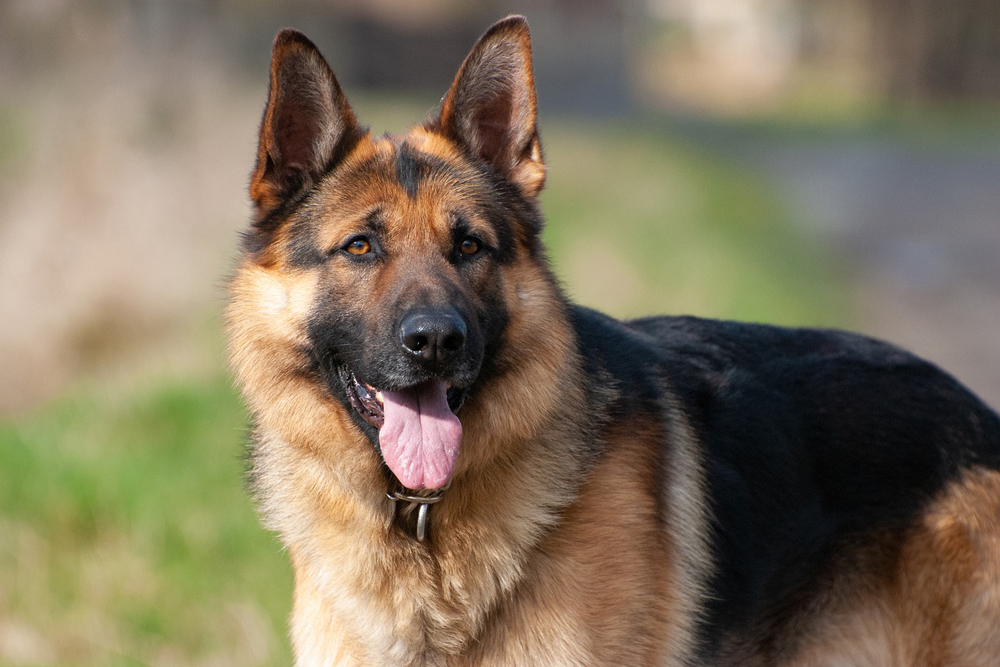
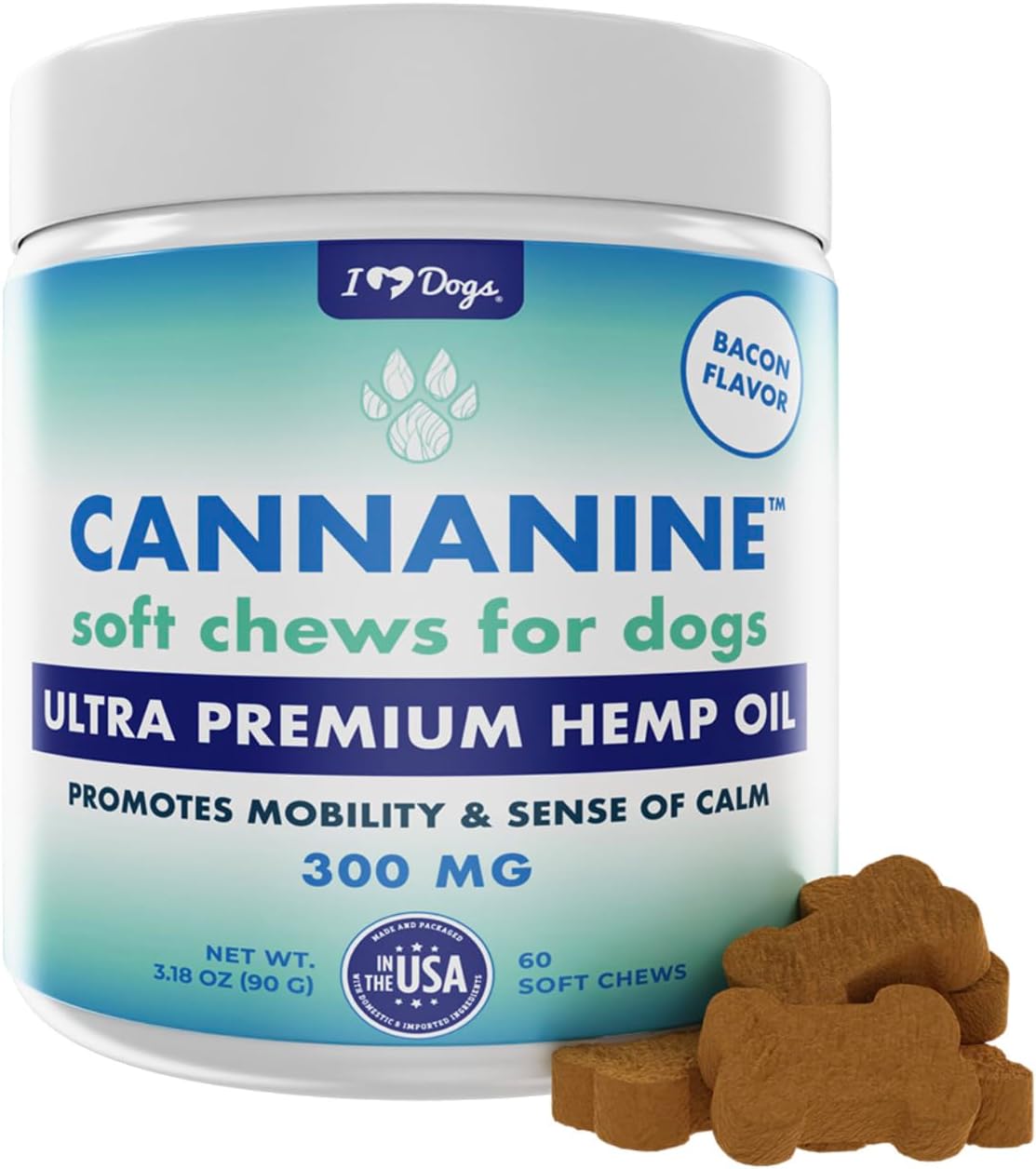
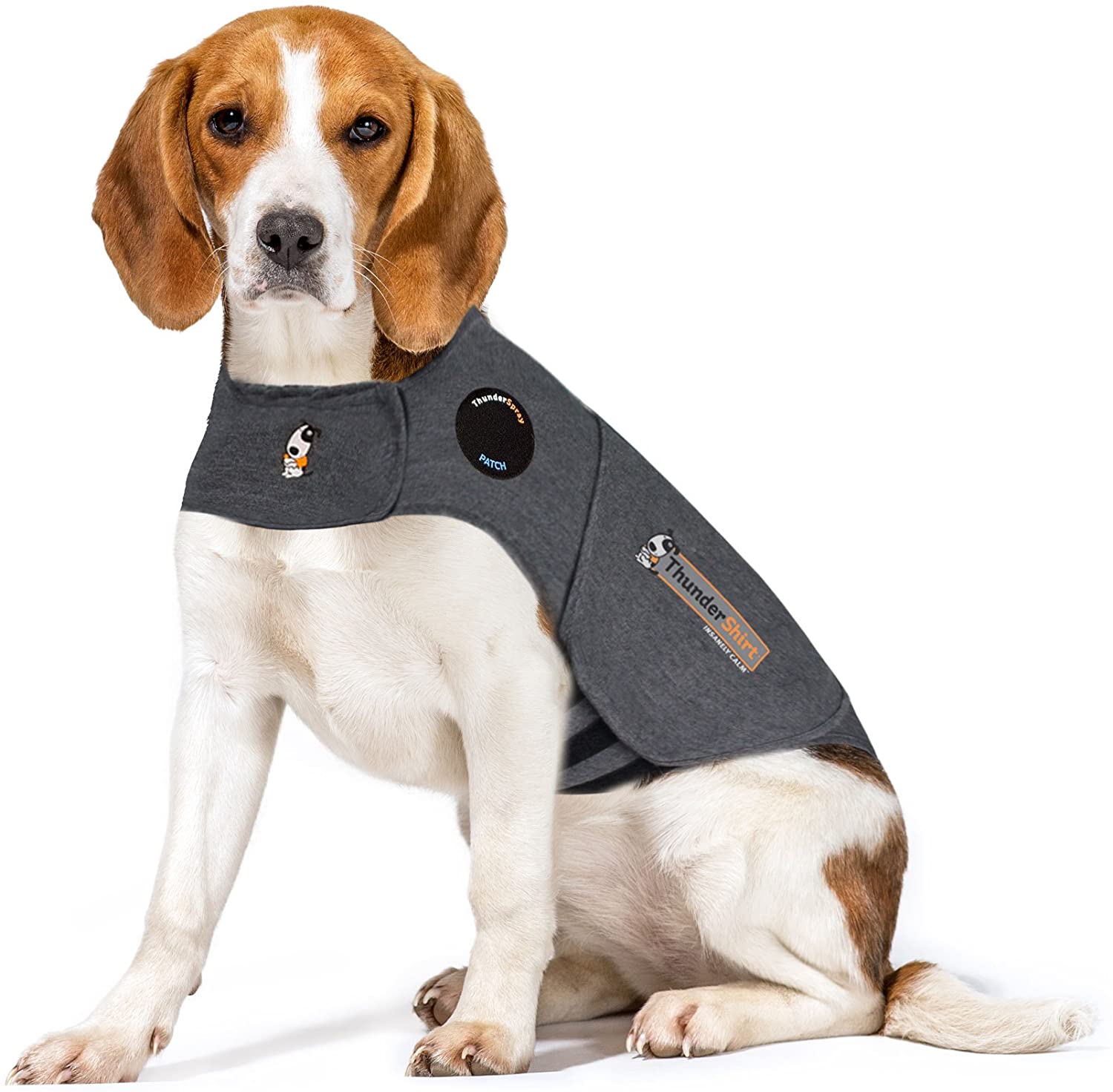
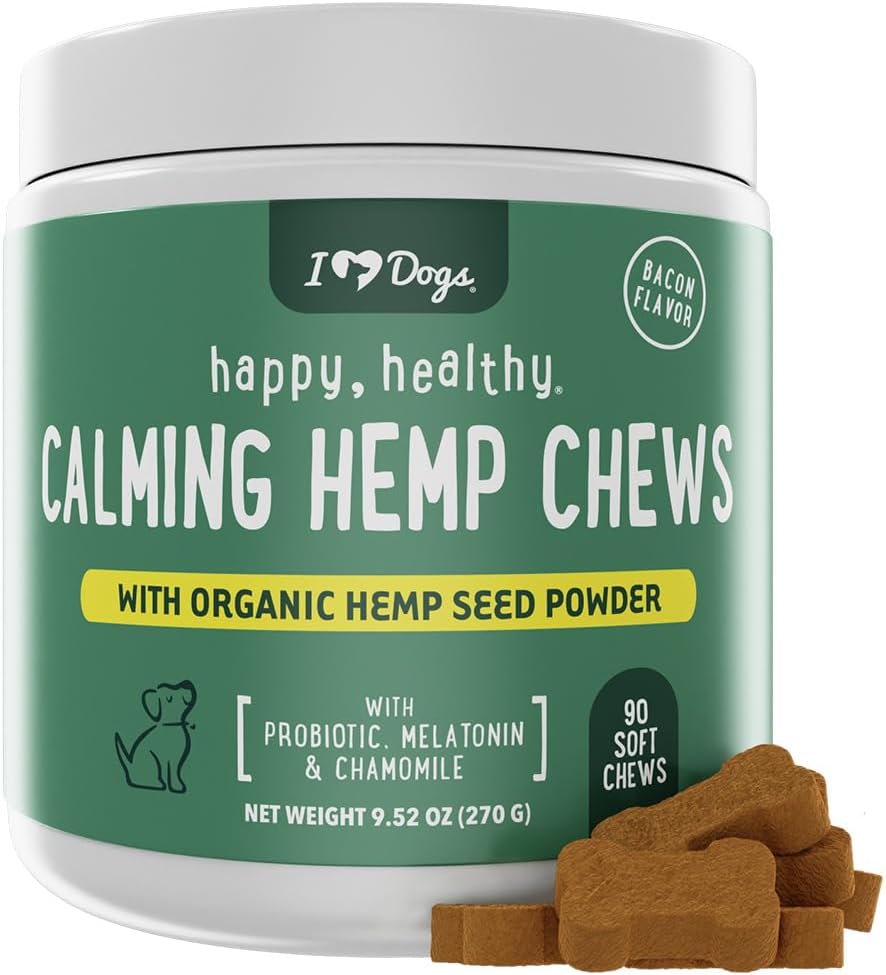
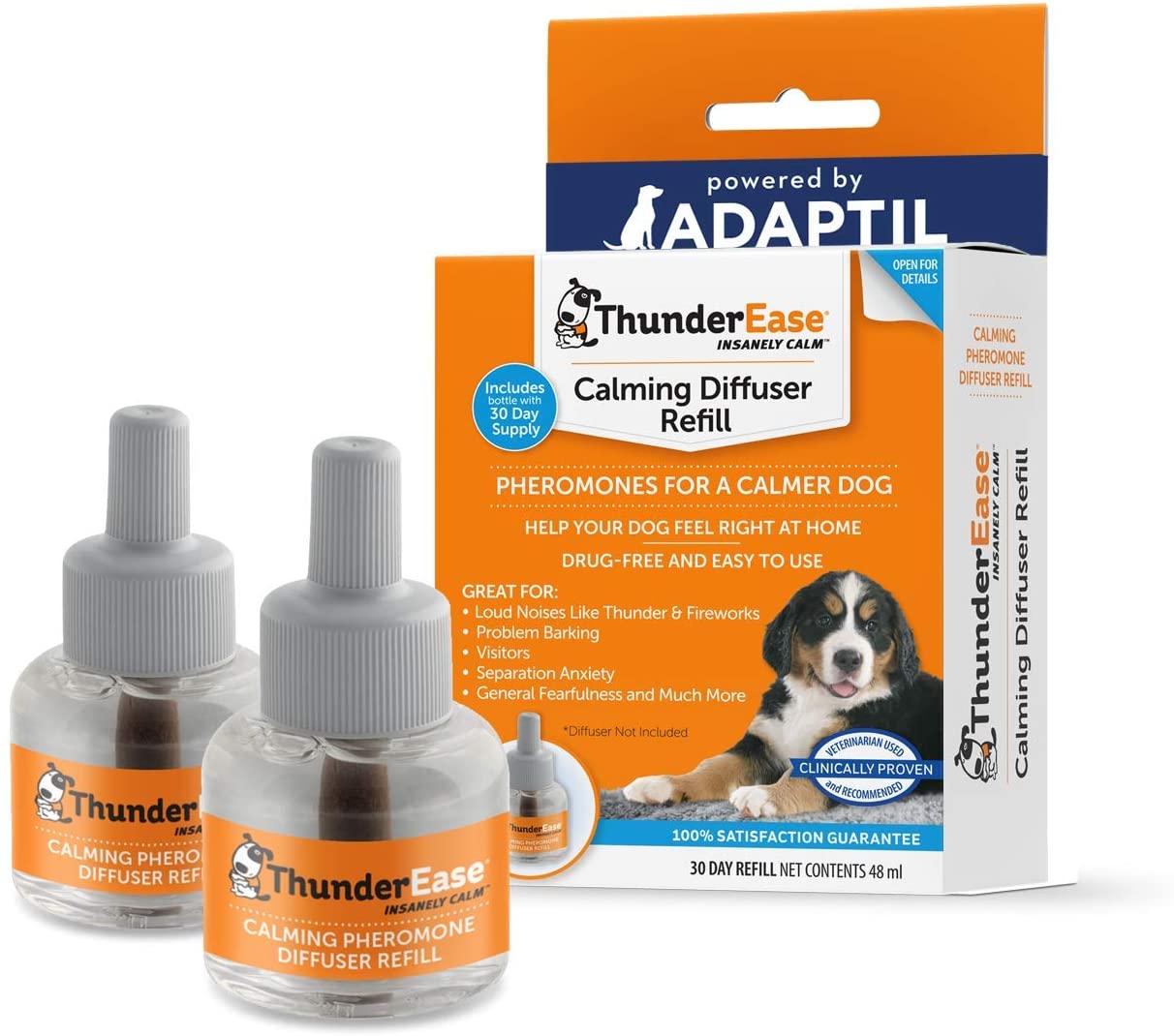

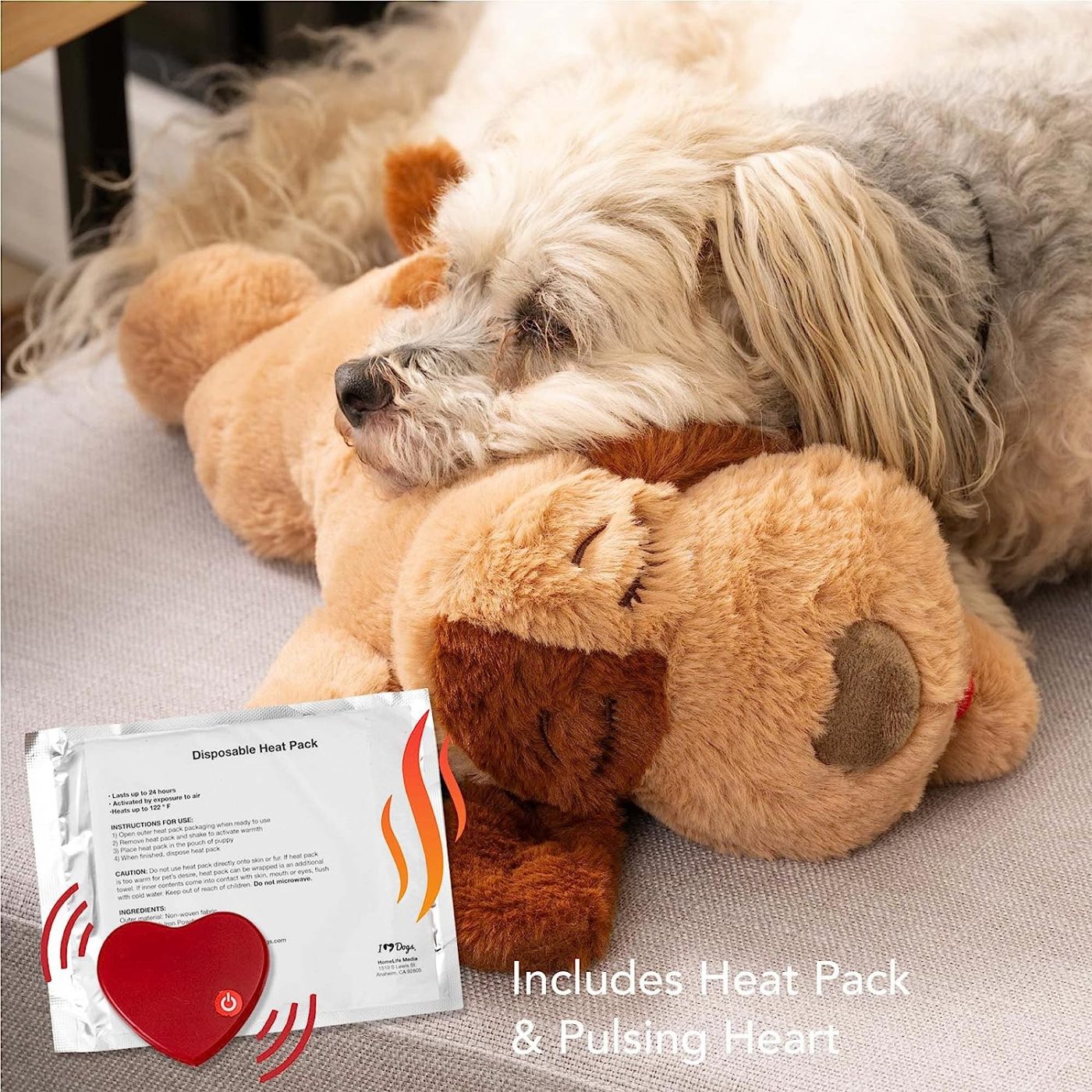
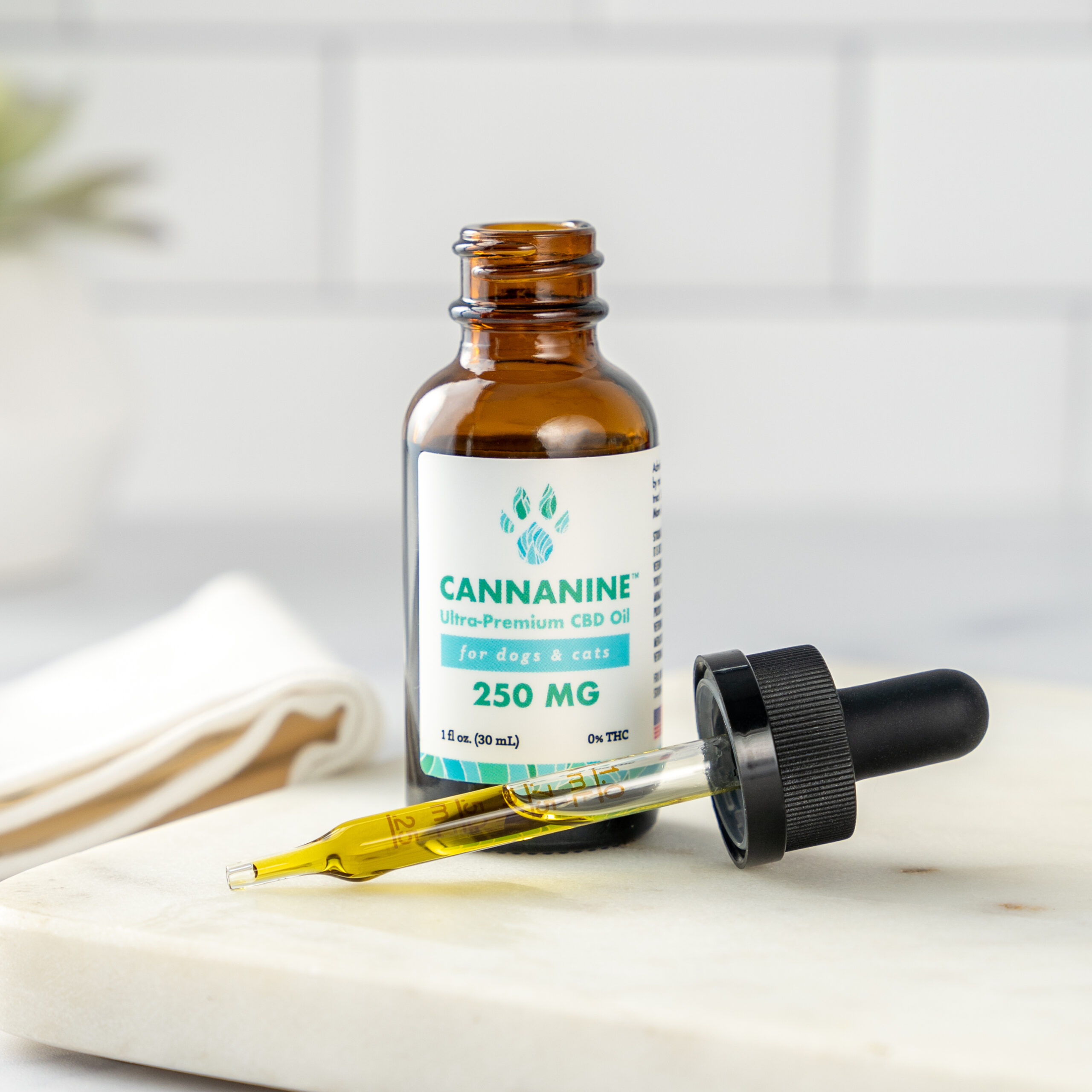
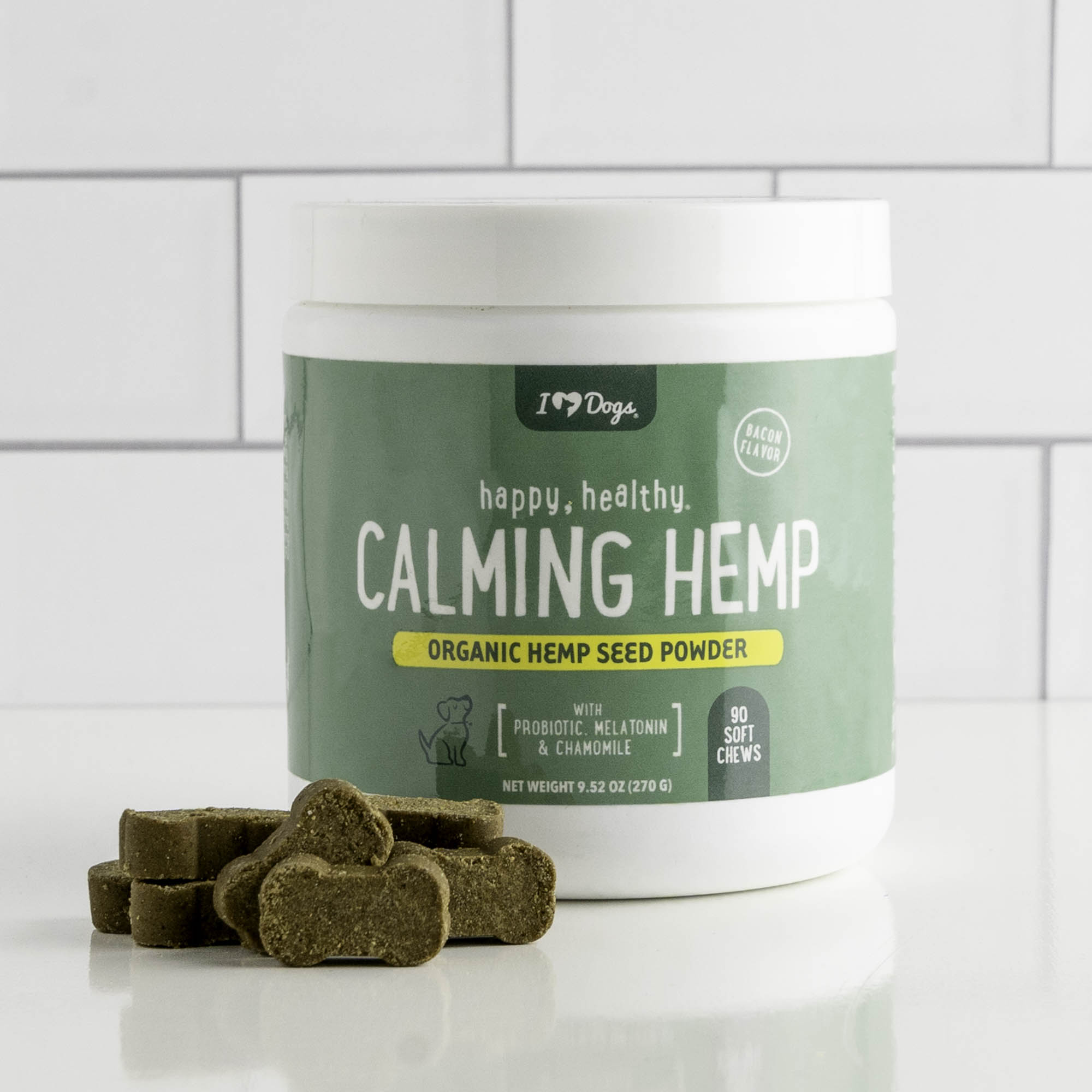
 Toledo, United States.
Toledo, United States.